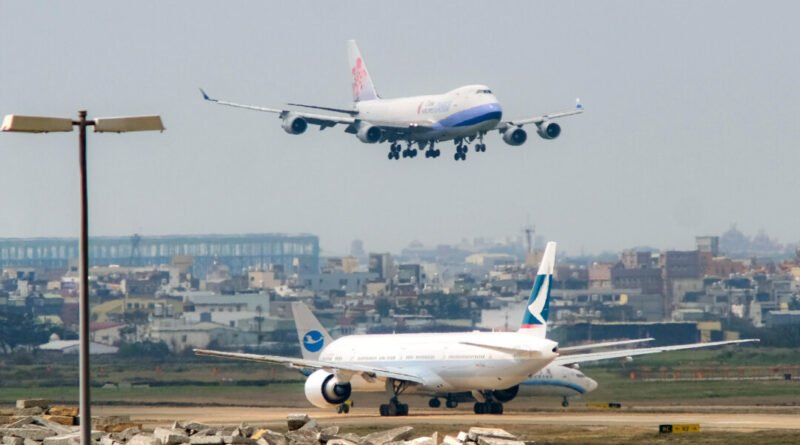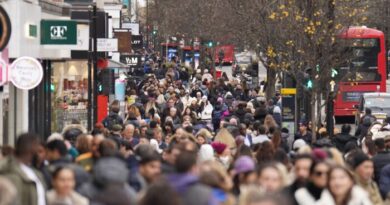Taiwan Warns Citizens About Traveling to China as CCP Implements New State Secrets Law
Taiwan authorities have advised its residents to avoid traveling to China due to the increased risk of being wrongfully detained under Beijing’s updated state secrets law.
The MAC identified that these provisions on work secrets are “very ambiguous and unpredictable” and could lead to individuals inadvertently breaking the law, particularly affecting foreign journalists and businesses.
The MAC highlighted four actions that could potentially violate the new state secrets law when visiting China: conducting interviews, academic research, gathering business/investment information, and engaging with locals.
“Any dialogue content or data collected that could be deemed detrimental to the Chinese Communist Party (CCP) could be labeled as ‘involving state secrets’ by the CCP,” cautioned the MAC.
Due to the uncertainty surrounding the state secrets law and the lack of transparency in the CCP’s legal system, the MAC emphasized that the risk of Taiwanese individuals unwittingly violating the law has “significantly increased” and advised careful consideration before visiting mainland China.
The MAC stated that the amended law would heighten risks for overseas institutions and companies operating and investing in China.
Tsai Ming-yen, the director-general of Taiwan’s National Security Bureau, highlighted that the amendments grant substantial authority to investigators to interpret the law, giving the CCP greater political control.
“The broad scope of ‘secrets’ without detailed explanations, along with the extensive powers granted to investigators to interpret breaches, are major concerns,” stated Mr. Tsai during a press briefing, as per Taiwan broadcaster Radio Taiwan International.
“Moreover, the emphasis on following the Party’s leadership in national security work provides more room for political influence by the CCP,” he added.
‘Fabricated Charges’
The MAC criticized the CCP for continually using legislative methods to closely monitor visitors to mainland China, noting that cases of Taiwanese and other foreigners being detained on false charges are not uncommon.





